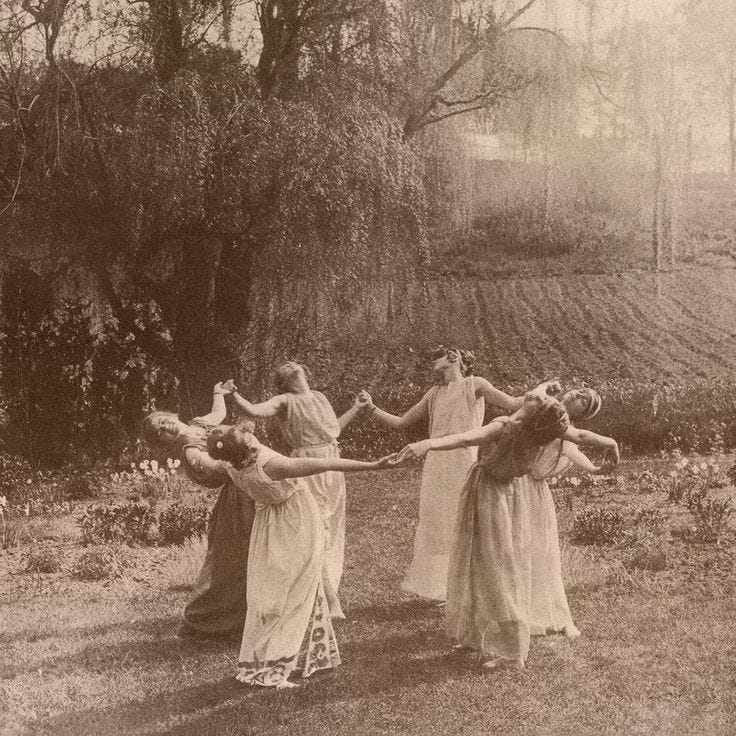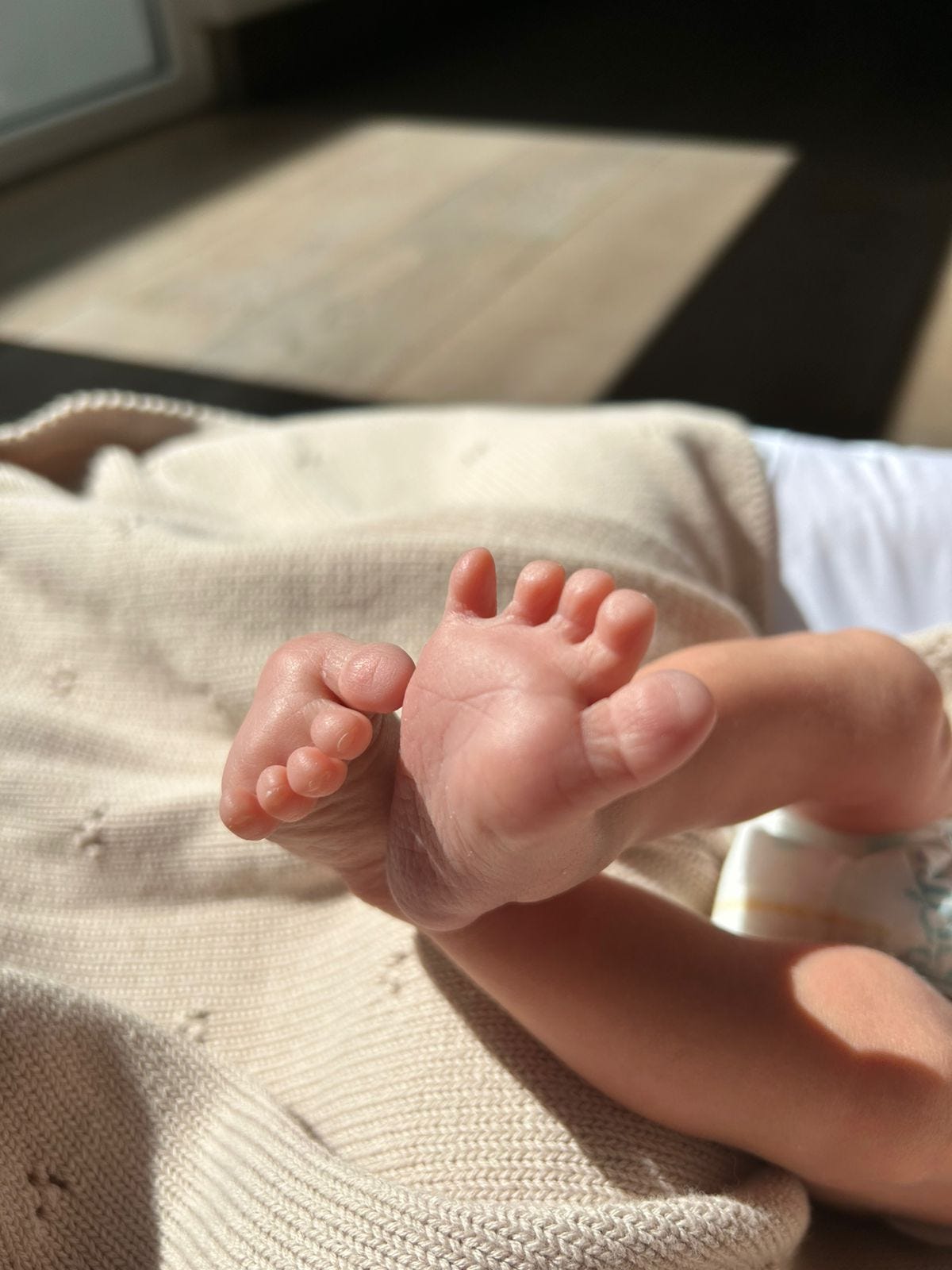I had a baby on 22 December. And let me tell you something you likely already know: becoming a mother is wild.
It feels like something I could write about endlessly because my humanity and womanhood has never felt more raw, vulnerable or expressed… And yet, I don’t want to bore people with it.
What a perplexing dichotomy. To be cut or torn open, to birth life, to keep another human alive with your own flesh, and for it to largely be a topic of interest to no one except other mothers. I include myself in that disinterested group (pre pregnancy).
Don’t get me wrong, I took an interest in friends’ birth stories and thought of them often in their postpartum periods. But did I want to read or hear about the minutiae of mothering and birth? No I did not. And this in itself is strange. As someone who is IN the 50% (ish) of the population who might one day give birth, surely I should have taken an active interest in the topic? But it so often felt like a big dusty text book I would open when it was my time to study its contents (and not a moment before! Ick!).
Or perhaps I deemed birth and mothering “women’s work,” somehow letting into my worldview the condescending (patriarchal) idea that topics of importance to women render them trivial. I’d like to think that isn’t true, but latent misogyny resides in the best of us, whether we want to admit it or not. Boring! Next! I told myself (many a time) at the mere whiff of the subject.
Whatever the reason, my instinct was always to leave postpartum mums be – to “not intrude.” I now realise that instinct was both correct and wrong.
I’ve realised that postpartum is a little like grief. Until you’ve experienced the death of someone close to you, it feels impossible to know what to say to a grieving person. It feels intrusive and feeble to offer condolences. Instead, we wrap ourselves up in the preposterous belief that what an aching person needs is isolation. Leave them alone, we tell ourselves, give them privacy. But what we really mean is, I don’t know what to say. And so we don’t.
After the first real loss I suffered (my stepdad) I suddenly knew the right questions to ask, because people who had grieved before me, asked me those same questions. What was he like? What did he love? Not how did he die? Or can I do anything for you? (the latter being particularly unhelpful – just send the food over, fold the washing, bring the coffee, hold space).
The above applies pretty much verbatim to postpartum. A part of me wants to say I want to apologise to all my friends who had kids before me because I wasn’t really there for them! I didn’t ask them the right things! I didn’t check in every week!
But how could I possibly have known?
And more crucially, would I have been the person those freshly minted mums wanted to talk with about their stinging nipples, blocked breast ducts and raging hormones? Probably not. I could have related to nothing and offered precisely zero helpful advice.
The people I want to talk to are the other mothers who have stepped out of the matrix and into this new world, where language refuses to be bent around the shape of motherhood. In its place there is a quiet knowing. There are gentle questions that understand the word tenderness has taken on irrevocably new meaning in your life (the need for it from others, how your body feels and the way you love your baby – tender, tender, tender). With them, you never need to answer a question equivalent to how did he die?
Instead, they simply hold space in that vast, cavernous place that isn’t knowable until it’s known. My mum-friends have collectively pushed the boulder that sits at the entrance to the cave of mothering aside and quietly ushered me in while metaphorically (sometimes literally) rubbing my back, as though to say:
If we could have explained it, we would’ve. It’s beautiful and strange in here and we wouldn’t have it any other way. We’ve got you. We see you. You’re amazing, we’re amazing.
An approximation of what it feels like inside the cave (but with more resting and less dancing)
Just as a grieving person wants to be seen by someone who knows the texture of loss, a birthing mother wants to be held by the mothers who have done it before her – the women who have survived and struggled and thrived through the milky, tender haze of unfathomable love and pain that are the first weeks post-birth.
So, whether or not you’ve had a baby, check in on the women in your life who are postpartum (it helps!) but also know that (with any luck) she’ll have at least a couple of women in her coven, pushing the boulder aside, doing the real heavy lifting on behalf of us all.
The tiny, perfect feet of Yves Carranza-Hawthorn






A stunning piece Tessa! I’ve got a half written draft in my folder loosely titled, “An inadequate list of apologies I’d make to all the mothers before me” — because I have so many moments where I shudder at the way I missed the connection opportunities with my friends who went through this first. Your piece has reminded me it’s never too late to try make that connection. Thank you. I hope you’re recovering well 🤗
Those baby toes are perfection. I hope this third month is bringing the beginnings of some light into your postpartum healing! This was a beautiful post 💘